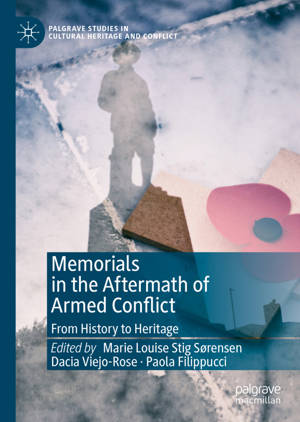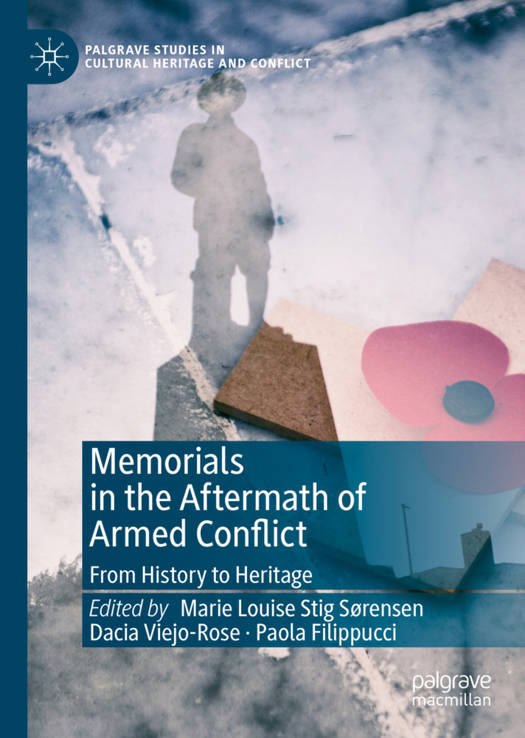
Door een staking bij bpost kan je online bestelling op dit moment iets langer onderweg zijn dan voorzien. Dringend iets nodig? Onze winkels ontvangen jou met open armen!
- Afhalen na 1 uur in een winkel met voorraad
- Gratis thuislevering in België vanaf € 30
- Ruim aanbod met 7 miljoen producten
Door een staking bij bpost kan je online bestelling op dit moment iets langer onderweg zijn dan voorzien. Dringend iets nodig? Onze winkels ontvangen jou met open armen!
- Afhalen na 1 uur in een winkel met voorraad
- Gratis thuislevering in België vanaf € 30
- Ruim aanbod met 7 miljoen producten
Zoeken
Memorials in the Aftermath of Armed Conflict
From History to Heritage
€ 126,95
+ 253 punten
Omschrijving
Through case studies from Europe and Russia, this volume analyses memorials as a means for the present to make claims on the past in the aftermath of armed conflict. The central contention is that memorials are not backward-looking, inert reminders of past events, but instead active triggers of personal and shared emotion, that are inescapably political, bound up with how societies reconstruct their present and future as they negotiate their way out of (and sometimes back into) conflict. A central aim of the book is to highlight and illustrate the cultural and ethical complexity of memorials, as focal points for a tension between the notion of memory as truth, and the practice of memory as negotiable. By adopting a relatively bounded temporal and spatial scope, the volume seeks to move beyond the established focus on national traditions, to reveal cultural commonalities and shared influences in the memorial forms and practices of individual regions and of particular conflicts.
Specificaties
Betrokkenen
- Uitgeverij:
Inhoud
- Aantal bladzijden:
- 312
- Taal:
- Engels
- Reeks:
Eigenschappen
- Productcode (EAN):
- 9783030180904
- Verschijningsdatum:
- 2/01/2020
- Uitvoering:
- Hardcover
- Formaat:
- Genaaid
- Afmetingen:
- 148 mm x 210 mm
- Gewicht:
- 548 g

Alleen bij Standaard Boekhandel
+ 253 punten op je klantenkaart van Standaard Boekhandel
Beoordelingen
We publiceren alleen reviews die voldoen aan de voorwaarden voor reviews. Bekijk onze voorwaarden voor reviews.










